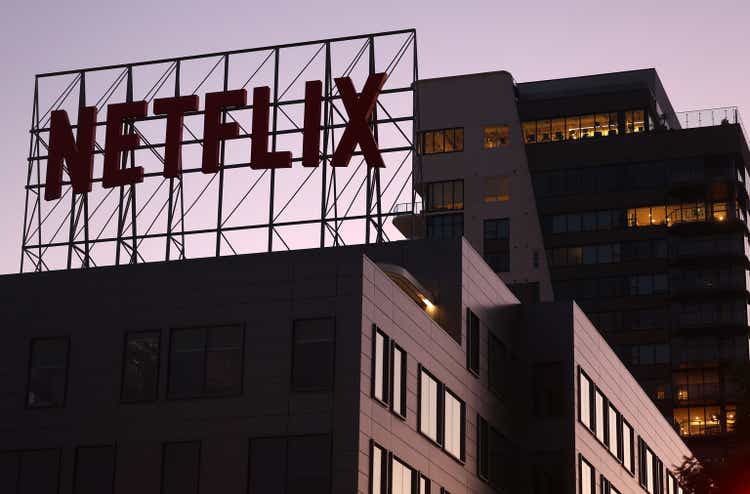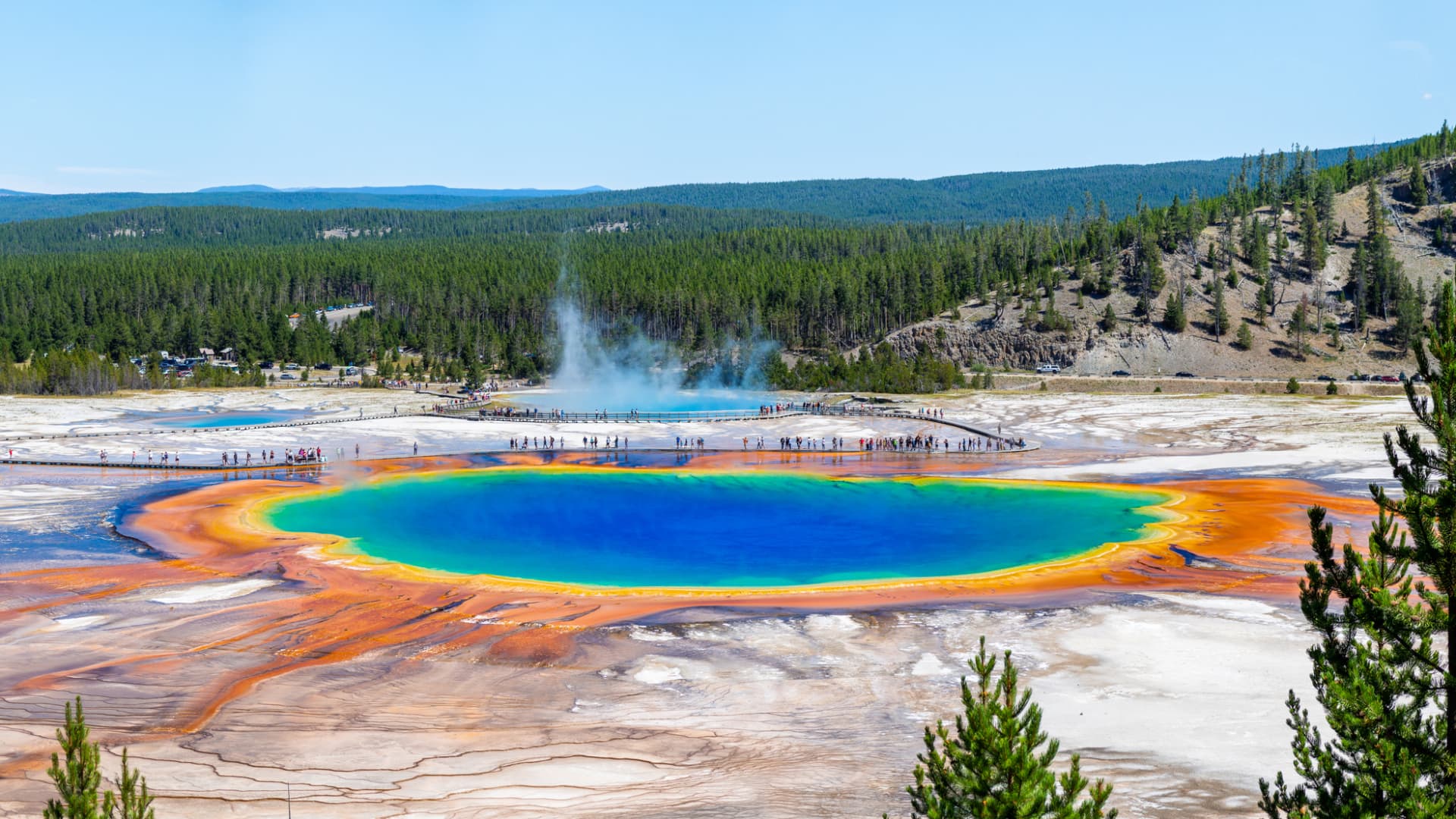London Lawfare: how lawyers helped Russia’s super-rich

For Russian oligarchs seeking to silence opponents, the English legal system has been likened to “the biggest, hardest bat you can pick up and swing”.
For top London lawyers and their firms, cases brought by Russian billionaires, often dealing with issues such as alleged libel or data protection, have translated into fat profits.
But the equation has changed in the wake of Vladimir Putin’s invasion of Ukraine.
The imposition of sanctions on dozens of wealthy Russians by the UK has made it far more difficult for them to pursue legal actions in British courts or to use UK law firms, which now require a special government licence to represent such clients.
In recent months, there has also been a government shift away from welcoming court action by oligarchs to denouncing “Lawfare” — the abuse of legal proceedings to grind down opponents.
Since the war started, the work done by firms such as CMS, Harbottle & Lewis and Carter-Ruck for Russian billionaires has come under increasing scrutiny by legislators, both in the US and the UK. And the firms themselves are becoming more circumspect about taking on new clients, in some cases closing down business with Russia.
Bill Browder, a leading investor in Russia turned Kremlin critic, has been fierce and consistent in his comments on past legal actions in London that he says amounted to undue pressure by the Russian state — a view the UK government itself now endorses.
“For the oligarchs and the super-rich who can afford these sky-high costs, the threat of legal action has become a new kind of Lawfare,” British prime minister Boris Johnson declared in March. “We must put a stop to its chilling effect.”
Johnson’s words marked a dramatic contrast with comments he made in 2012, when he wooed Russia’s super-rich, saying: “If one oligarch feels defamed by another oligarch — it is London’s lawyers who apply the necessary balm to the ego.”
Silencing Kremlin critics
Over the past decade, London has drawn in wealthy Russians and Kremlin allies to launch legal action against critics of Vladimir Putin — notably Browder, once the biggest foreign investor in Russia. In 2013, he was sued for libel by Pavel Karpov, a former Russian policeman, represented by the law firm Olswang, now part of CMS.
Browder had fallen foul of Moscow after his auditor, Sergei Magnitsky, exposed a massive tax fraud by Russian officials — only to be arrested and die in a Russian jail in 2009.
Karpov claimed that Browder’s website suggested he was complicit in the “torture and death” of Magnitsky, but Mr Justice Peregrine Simon threw out the lawsuit in 2013 after ruling that Karpov did not have a reputation in Britain to defend.
Browder depicted the legal action as part of a broader push by the Kremlin to discredit him and human rights legislation passed in Magnitsky’s name in the US and eventually many other jurisdictions. “I have no doubt this was a Russian intelligence operation to attack me and the Magnitsky act,” he said.
In 2017, Browder faced a second civil lawsuit in London, with CMS acting for Nogotkov Kirill Olegovich, a Russian liquidator who sued him over the insolvency of a Russian company once associated with him.
Browder’s lawyers claimed that this was “part of a concerted retaliatory campaign by the Russian state”. Sir Geoffrey Vos threw out the case saying it was “inexcusable” that the liquidator had failed to “alert the court to . . . the political background”.
Another Kremlin critic, former British spy Christopher Steele, was sued in the High Court in 2020 by Russian billionaire Mikhail Fridman and his associates Petr Aven and German Khan.
The case centred around allegations about the men in a 2016 dossier that detailed Donald Trump’s purported ties to Russia and was produced by Steele’s company, Orbis Business Intelligence.
Again, CMS had a central role in the proceedings. The three men, who were advised by Geraldine Proudler of CMS and barrister Hugh Tomlinson QC, won the case after the High Court found that the dossier contained inaccurate personal data.
Silencing journalists
Russia’s billionaires have also sought to use Britain’s libel, privacy and data protection laws to prevent journalists from shedding light on their activities. Critics say their claims often amount to what are termed “strategic lawsuits against public participation” or SLAPPs — attempts to intimidate critics through expensive litigation.
A flurry of lawsuits followed last year’s publication of Putin’s People, an investigation by former Financial Times journalist Catherine Belton of the Russian president’s regime and rise to power.
Fridman and Aven turned to CMS, which launched a libel and data protection claim against the book’s publisher HarperCollins. Roman Abramovich, the billionaire who would also be hit with sanctions this year, lodged a libel lawsuit of his own against the publisher and Belton, hiring Tomlinson and Harbottle & Lewis.
Russian state oil company Rosneft, represented by law firm Carter-Ruck, brought a separate libel lawsuit against Belton and HarperCollins. Belton told a parliamentary committee in March that there had been a “lengthy stand-off” with Carter-Ruck over mentions of Gennady Timchenko, a Putin ally now placed under sanctions, that delayed the book’s publication by six months.
All the claims have now been settled or withdrawn.
Jessica Ni Mhainin, at the Index on Censorship, which campaigns for freedom of speech, says cases like Belton’s are “the tip of the iceberg”, with many lawsuits not making it to court.
Mhainin said the threat of endless litigation and huge legal costs can be used by the super-rich to press campaigners, academics or journalists, who can face financial ruin if they defend a libel case.
Settling scores
Billionaire oligarchs have also used London’s top law firms to settle scores with each other in the capital’s High Court.
In 2011, the late Boris Berezovsky, represented by Addleshaw Goddard — which says it has never acted for any other Russian oligarch — unsuccessfully sued Roman Abramovich, represented by law firm Skadden Arps, in a $6.5bn High Court trial that shone an unflattering spotlight on Russia’s “wild east” capitalism in the 1990s.
Berezovsky alleged that Abramovich had intimidated him into selling shares in oil and gas companies at below their true worth. Abramovich denied the claims and testified that he paid $2.3bn to Berezovsky as political protection money.
Oleg Deripaska, the Russian metals tycoon placed under sanctions by the UK in March, has also been active in London’s High Court. In 2018, Rusal, then controlled by Deripaska, was embroiled in a court battle with billionaire Vladimir Potanin, who is not under sanctions by the UK or US, as part of a struggle for control of Norilsk Nickel, a nickel and palladium producer.
Rusal sought to block Abramovich from selling his stake in Norilsk to Potanin’s company.
New order?
Some legislators have singled out lawyers and firms they say have helped Kremlin allies. UK Conservative MP Bob Seely used parliamentary privilege in March to name specialist media law firms Harbottle & Lewis, Carter-Ruck and CMS, as well as Tomlinson, the prominent barrister.
Last month, US senator Steve Cohen urged the Biden administration to place US travel bans on senior British lawyers he claimed were “foreign enablers of Russian oligarchs”. Among others, Cohen named Tomlinson, Nigel Tait of Carter Ruck, John Kelly of Harbottle & Lewis and Proudler, head of CMS’s Reputation and Media Litigation practice.
Since the Ukraine war began, Proudler has resigned from the Scott Trust, which adjudicates editorial complaints at The Guardian newspaper, the board of The Guardian Foundation, the media group’s charitable arm, and as chair of the board of governors of Middlesex university.
Many in the legal profession argue that they have been unfairly criticised, pointing out that lawyers are heavily regulated and that the courts have safeguards against unmeritorious lawsuits.
“We cannot have a situation where lawyers are reluctant to give advice to individuals, whether or not they have done anything wrong,” said Jonathan Fisher QC, barrister at Red Lion Chambers.
CMS says it has determined that its media litigation process was compliant with all professional regulations as well as its wider responsibilities at the time, adding: “We strongly reject the recent allegations of impropriety that have been made against CMS and in particular Geraldine Proudler.”
Tomlinson has said he had always acted properly in accordance with the rules and “never acted as Mr Cohen suggests”, while Harbottle & Lewis has said it acted in accordance with its legal obligations.
Carter-Ruck said it has acted for very few Russian clients over the years, and does not act for any entity linked to Putin’s regime. It said it was false to suggest that, by defending clients’ countervailing rights, it set out improperly to censor the media or intimidate journalists.
Nevertheless, the backdrop is changing. CMS, for example, no longer accepts instructions from Russia-based entities.
“This was a trend that was already happening even before the Russian invasion because of changes in society,” said Tony Williams, a former managing partner of Clifford Chance, who added that large firms’ profits were much more reliant on areas such as real estate and M&A than on Russian litigation.
“Law firms were already dealing with the ESG [environmental, social and governance] agenda and the issue of reputation management as they think more about the sort of clients and the type of work that they do.”
Meanwhile, Dominic Raab, Britain’s deputy prime minister and justice secretary, has launched a consultation on reform of the country’s libel law, often criticised as being so plaintiff-friendly that it inhibits free speech. It closed on May 19.
The Solicitors Regulation Authority, which governs the profession’s conduct, has already updated guidance to law firms, warning in March against pursuing litigation for improper purposes and making allegations without merit — which it says “might arise because of a conflict with the solicitor’s own interest in generating fee income”.
Trevor Clark, lecturer in the legal profession at Leeds university, emphasises that while lawyers should act in the interests of their clients, they “also have a duty under their professional code to act with integrity and not take advantage of third parties”.
One example he gives is if there is “an inequality of resources” — such as cases which pit oligarchs against people for whom legal action may mean ruin.
Legal eagles
Geraldine Proudler
Partner and head of reputation and media litigation at CMS. Former director of The Guardian Foundation, which supports media under threat, and a former trustee of English PEN, the human rights organisation. Chambers and Partners 2022 legal rankings guide describe her as a “senior statesperson” and as giving “very sound advice”.
Nigel Tait
Managing partner at Carter-Ruck, leads the firm’s defamation and media law department. According to his company profile, he has “prevented the publication of many articles about clients, often by means of a phone call or letter”. These include pop stars and media personalities as well as companies. The Chambers and Partners guide describes him as a “star individual” who is “very focused on getting the best result for clients”.
John Kelly
Media and information lawyer at Harbottle & Lewis, previously partner at Schillings and at Kelly & Co, a law firm in South Australia. His clients have included former US first lady Melania Trump, as well as celebrities. He also acts in the field of sport law. The Chambers and Partners 2022 guide describes him as having a “strategic robustness that gets results”.
Hugh Tomlinson, QC
Barrister at Matrix Chambers and a specialist in media and information law. He has appeared in numerous high-profile cases including representing victims in the News of the World phone hacking litigation. A board chair of Hacked Off, the group which campaigns for a free and accountable press, he is described as a “star individual” and having an “encyclopedic knowledge of the law” in the Chambers and Partners guide.
World News || Latest News || U.S. News
Source link







